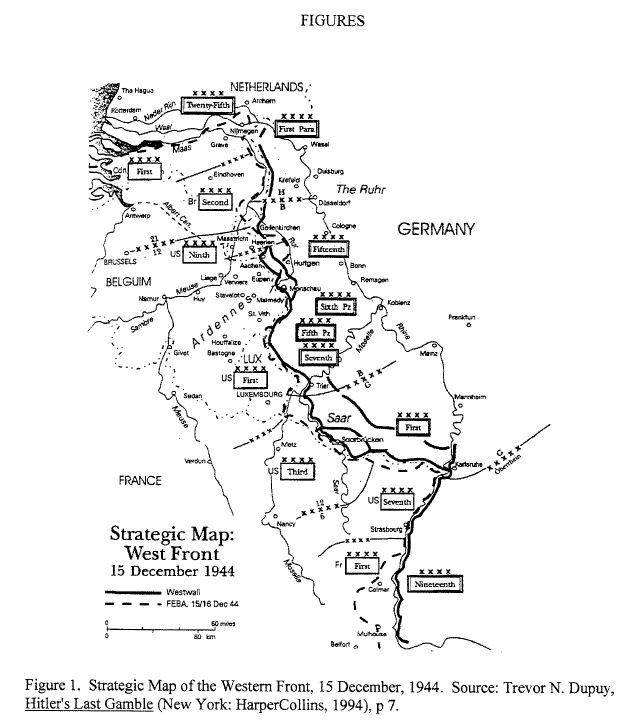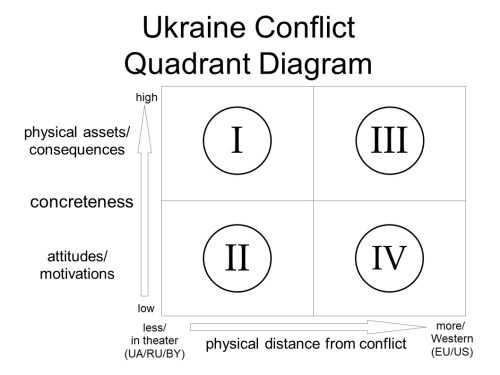Commercial nuclear power emerged in the mid-1950s, to great enthusiasm. The Eisenhower administration promoted it as a major part of its Atoms for Peace program. There was talk about ‘electricity too cheap to meter,’ and about making the world’s deserts bloom via nuclear-powered desalination.
And quite a few commercial nuclear plants were indeed built and put into operation. In the US, there are presently 93 commercial reactors with aggregate capacity of 95 gigawatts, accounting for about 20% of America’s electricity generation. But overall, adoption of commercial nuclear power has not met early expectations. Costs have been much higher than were expected. There have been great public concerns about safety, stemming originally from the association of nuclear power and nuclear weapons as well as by practical concerns and then supercharged by the Three Mile Island accident in 1979 and then by Chernobyl (1986) and the Fukushima disaster in 2011. Permitting and construction times have been long and unpredictable, driven by the public concerns as well as by the general growth of regulation and litigation in the US and the custom, one-off manner in which these plants have been constructed.
There are reasons to believe that the stalled state of nuclear power may be about to change. Some factors are:
Concerns about CO2 emissions, combined with increasing realization of the intermittent nature of wind/solar energy, point to nuclear as a solution that could be both practical and politically acceptable. Europe’s dependency on Russian natural gas, the downside of which has been strongly pointed out by recent events, further builds the case for nuclear on that continent. Politicians are feeling cornered between their promises of green-ness, the now-obvious dangers of energy dependency, and the need to not do too much economic damage if they want to get reelected. Some will turn to nuclear.
The Cold War fears of nuclear annihilation are now a long way behind ussurely there are many fewer people who have nightmares about mushroom clouds than there were in, say, 1985. (Although this point has been partially negated by Russia’s nuclear saber-rattling and by the battles around the Chernobyl areastill, I don’t believe nuclear fears are anywhere near the original-cold-war level)
The French experience with nuclear power, from which it generates about 70% of its electricity, helps build credibility for nuclear as a practical and safe energy source. Also, the US Navy’s successful operation of nuclear submarines and other ships over several decades.
The downsides of wind and solar in terms of their very considerable land use as well as their fluctuating outputs, are being better understood as a result of experience. Starry-eyed views of a new technology often become a little less starry-eyed following actual experience with its downsides.
New-generation nuclear plants which can be largely built in factories, substantially reducing the on-site construction time and effort required and potentially reducing the capital costs per kilowatt, are being developed. The greater standardization, as compared with one-off construction, will hopefully also reduce licensing problems and delays. Very importantly, most of the reactors are designed to avoid meltdown situations even if left unattended and without backup power.
Most of the new plant designs are of a type called Small Modular Reactors, although the definition of ‘small’ varies from case to case. Companies in this space include the GE-Hitachi joint venture, a private company called NuScale (soon to go public via a SPAC), Rolls-Royce, the Canadian company ARC Energy, and a consortium of French companies developing a product to be called Nuwber. I’ll discuss some of those SMR products in more detail later in this post. There is also interesting work being done at Terra Power (Bill Gates is founder and chairman), which will probably merit a separate post, and on designs using thorium rather than uranium as a fuel.
The products which seem furthest along toward commercial adoption are the modular design from NuScale and the BWRX-300 from GE-Hitachi.
Some deals which are signed or in process:
In Utah, NuScale plans to deploy their system for an organization called UAMPS (wholesale power services)
In Romania, NuScale has a deal with SN Nuclearelectrica for a 6-module unit.
In Canada, Ontario Power has picked the GE-Hitachi system for its first nuclear sitethey ultimately plan to install up to 4 reactors there.
In Poland, GEH has a letter of intent for up to 4 BWRX-300s to be installed by Synthos Green Energy. Also in Poland, NuScale is working with KGHM, a leader in copper and silver productionsounds like this application is for industrial energy rather than for grid electricity.
In Estonia, Fermi Energia OÜ is moving toward deployment of a BWRX-300.
The US Tennessee Valley Authority has embarked on a program to install several SMRs at its Clinch River site, starting with the BWRX-300.
—The CEO of Duke Energy, Lynn Good, says that the company is talking to GE-Hitachi and NuScale as well as TerraPower and Holtec International about SMRs and advanced nuclear with storage capability.
Despite the traction, however, numerous challenges remain for nuclear.
Read more

